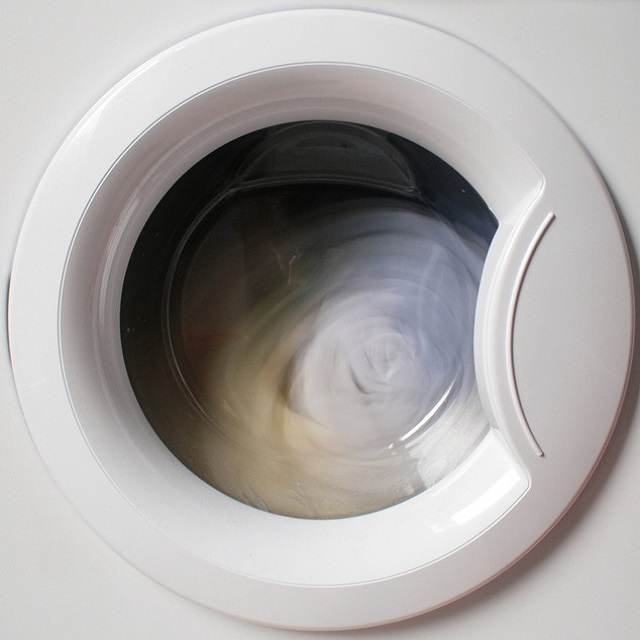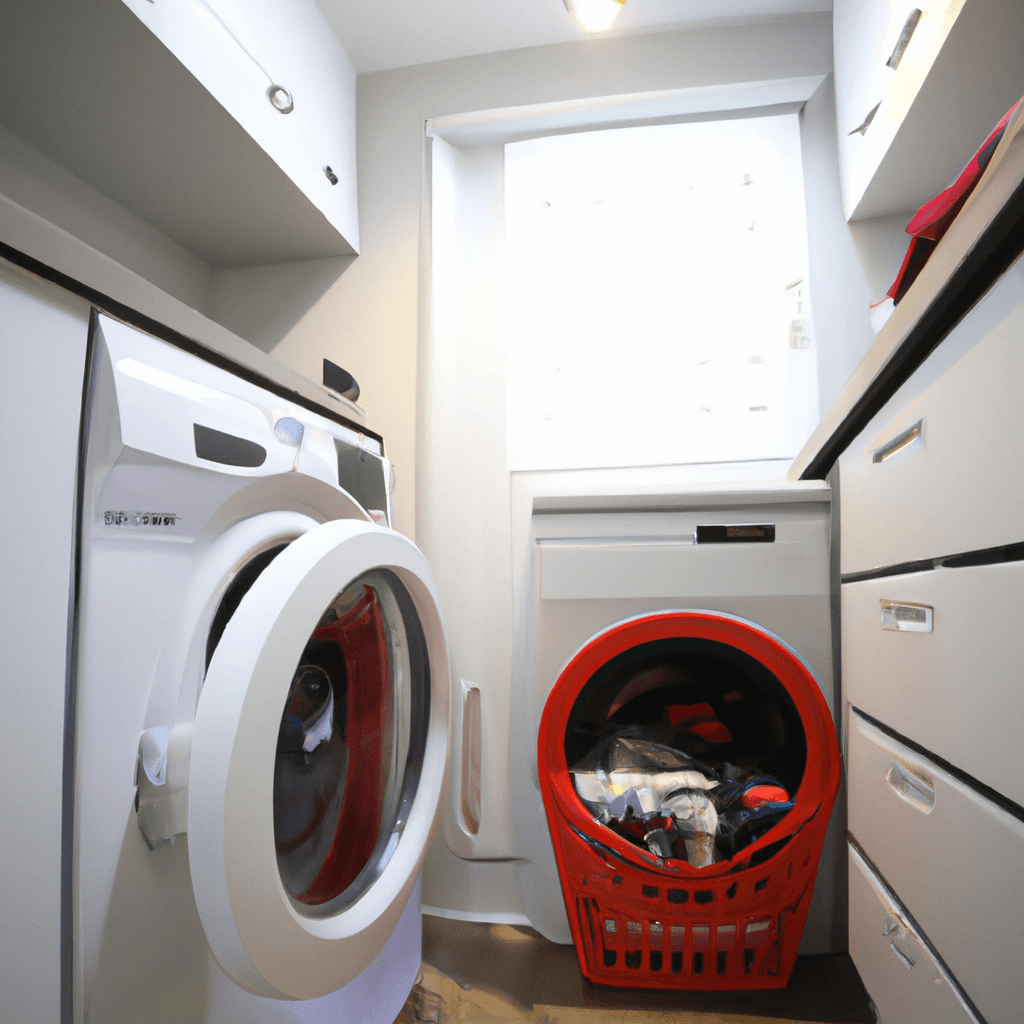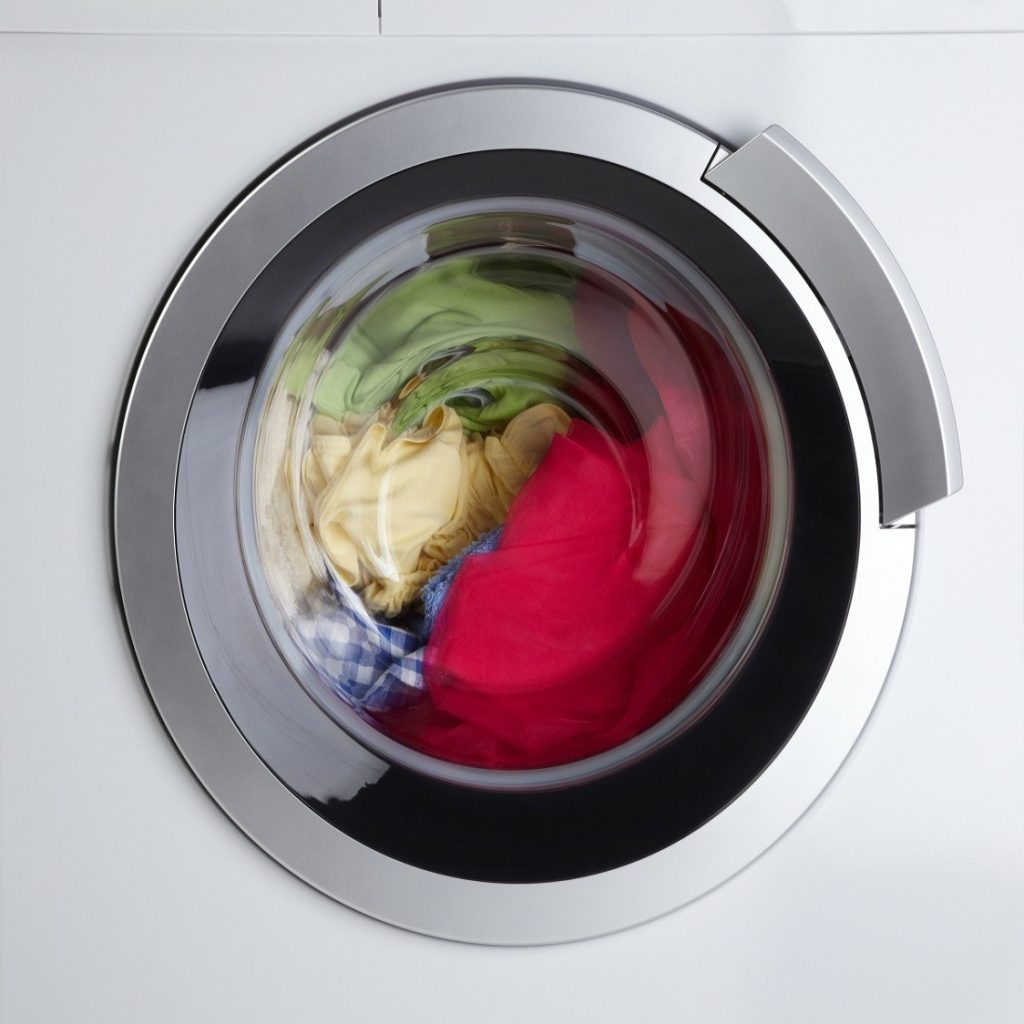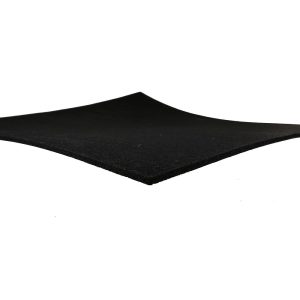Why is My Washing Machine Spin Cycle Loud?
A washing machine that suddenly becomes louder than usual during the spin cycle can cause concern for many homeowners. This unexpected noise can signify underlying problems that, if left unchecked, could lead to costly repairs or even the need for a replacement. Understanding the root causes and solutions for a washing machine spin cycle loud can help you tackle these issues and restore your peace of mind. Let’s dive into the potential reasons behind the noise and the steps you can take to fix it.
Common Causes of Loud Spin Cycle
Imbalanced Load
One of the most frequent causes of a loud spin cycle is an imbalanced load. When clothes are not evenly distributed in the drum, the washing machine struggles to spin effectively. This imbalance can cause the machine to shake violently and produce loud noises. To solve this, you should stop the cycle, rearrange the clothes to balance the load, and restart the spin cycle. Ensuring an even distribution of laundry can prevent the machine from experiencing unnecessary strain.
Worn Bearings
Over time, the bearings in your washing machine can wear out, leading to increased noise during the spin cycle. Bearings are essential components that help the drum spin smoothly. When they deteriorate, they can produce a loud, grinding noise. Replacing worn bearings requires disassembling parts of the washing machine, which might be a task best left to professionals. Regular maintenance checks can help you spot worn bearings early before they cause more significant damage.
Issues with the Drive Belt
Loose or Damaged Belt
The drive belt is crucial for the washing machine’s operation, as it connects the motor to the drum. A loose or damaged belt can slip or make a thumping noise during the spin cycle. Inspecting the belt for signs of wear and ensuring it is properly tensioned can resolve this issue. If the belt appears damaged or significantly worn, replacing it with a new one might be necessary to restore smooth, quiet operation.
Motor Issues
Another related problem might be the motor itself. If the motor mounting bolts become loose or the motor starts to fail, it can make a loud noise during the spin cycle. Tightening loose bolts or consulting a technician for motor repairs can address these concerns. Ensuring that the motor runs efficiently helps maintain the overall health of your washing machine.
Drum and Tub Concerns
Foreign Objects
Occasionally, foreign objects such as coins, buttons, or other small items can get trapped in the drum or tub, causing unexpected noises during the spin cycle. Inspecting the drum for any such objects and removing them can immediately reduce noise. Regularly checking pockets before loading clothes into the washer can prevent this issue from occurring.
Drum Alignment
Misaligned drums can also cause loud noises during the spin cycle. If the drum is not properly aligned, it can wobble and create a racket. Ensuring the drum is centered and correctly supported can alleviate this problem. Sometimes realigning the drum may require professional assistance, especially if the issue lies with internal components.
Shock Absorber and Spring Problems
Worn Shock Absorbers
Shock absorbers help minimize vibrations and maintain smooth spinning. Worn or damaged shock absorbers can lead to increased noise and excessive shaking. Inspecting and replacing worn shock absorbers can prevent these issues. Investing in high-quality parts can extend the lifespan of your machine and maintain quieter operation.
Broken Suspension Springs
Suspension springs support the drum and absorb shocks during the spin cycle. If these springs break or stretch out, they can cause the machine to emit loud noises. Replacing broken or worn suspension springs can restore your washer’s quiet functionality. Given the complexity of spring replacement, this task may require professional intervention.
Structural Issues
Loose Screws and Bolts
Over time, the screws and bolts that hold the washing machine together can become loose due to regular operation and vibrations. Regularly checking and tightening these might reduce or eliminate noise during the spin cycle. Keeping a maintenance schedule can ensure that structural elements remain secure, preventing them from causing additional problems.
Worn Door Seal
The door seal or gasket not only keeps water inside the machine but also impacts noise levels. A worn or loose seal can cause the door to vibrate excessively during the spin cycle, leading to increased noise. Replacing the door seal can solve this issue. Ensuring the seal is kept clean and in good condition can also help maintain overall machine efficiency.
Solutions and Preventive Measures
Regular Maintenance
Consistent and regular maintenance is key to preventing many of the noise-related issues in washing machines. This includes inspecting parts for wear and tear, ensuring the machine is level, and cleaning filters and seals. Setting up a maintenance routine helps you catch potential problems early, saving costs on major repairs and extending the life of your appliance.
Proper Installation
Ensuring your washing machine is properly installed can prevent numerous operational issues. This includes leveling the machine, securing all connections, and following the manufacturer’s guidelines. Proper installation often eliminates many noise-related problems from the outset. Consulting a professional for installation can provide added assurance that the machine is set up correctly.
DIY vs. Professional Repairs
Assessing DIY Feasibility
While some issues like imbalanced loads or removing foreign objects can be handled easily at home, others like bearing replacements or motor issues may require professional expertise. Assessing the complexity of the problem and your comfort level with DIY repairs is important. Tackling simple maintenance tasks can save you money and downtime but knowing when to call a professional is equally crucial.
Benefits of Professional Service
Engaging professional service ensures that repairs are done correctly and safely. Professionals have the experience and tools necessary to diagnose and fix complex issues. Investing in certified technicians for significant repairs can enhance the reliability and performance of your washing machine. Regular professional check-ups can also provide peace of mind, knowing that your appliance is in top working condition.
 Understanding Warranty Coverage
Understanding Warranty Coverage
Manufacturer’s Warranty
Understanding the coverage provided by your washing machine’s manufacturer warranty can help manage repair costs. Many warranties cover specific parts and repairs for a certain period, potentially saving you money on professional services. Keeping your warranty information readily accessible ensures you can take advantage of covered repairs promptly.
Extended Warranties
Considering extended warranties can provide additional protection beyond the manufacturer’s warranty period. These warranties often cover a broader range of issues and can be particularly beneficial as your appliance ages. Weighing the cost of extended warranties against potential repair expenses can guide you in making an informed decision.
Advancements in Washer Technology
Noise Reduction Innovations
Many newer washing machines incorporate advanced noise reduction technology. Features like direct drive motors, enhanced insulation, and improved drum designs contribute to quieter operation. Exploring these advancements when considering an upgrade can offer long-term benefits in noise reduction and performance.
Smart Diagnostics
Smart diagnostics in modern washing machines can help identify and resolve issues before they become major problems. Features like app connectivity and automatic alerts provide real-time information on the machine’s status. Leveraging these technologies can simplify maintenance and enhance the overall user experience, contributing to a quieter, more reliable appliance.
Conclusion: washing machine spin cycle loud
Addressing the issue of a washing machine spin cycle loud involves understanding the potential causes and implementing effective solutions. From simple fixes like balancing loads to more complex repairs requiring professional intervention, a proactive approach can maintain the quiet and efficient operation of your machine. By keeping up with regular maintenance, ensuring proper installation, and considering technological advancements, you can enjoy the benefits of a well-functioning, noise-free washing machine. Why settle for the disruption of a noisy spin cycle when solutions are readily available? Take control of your appliance’s performance and enjoy a quieter home environment.



